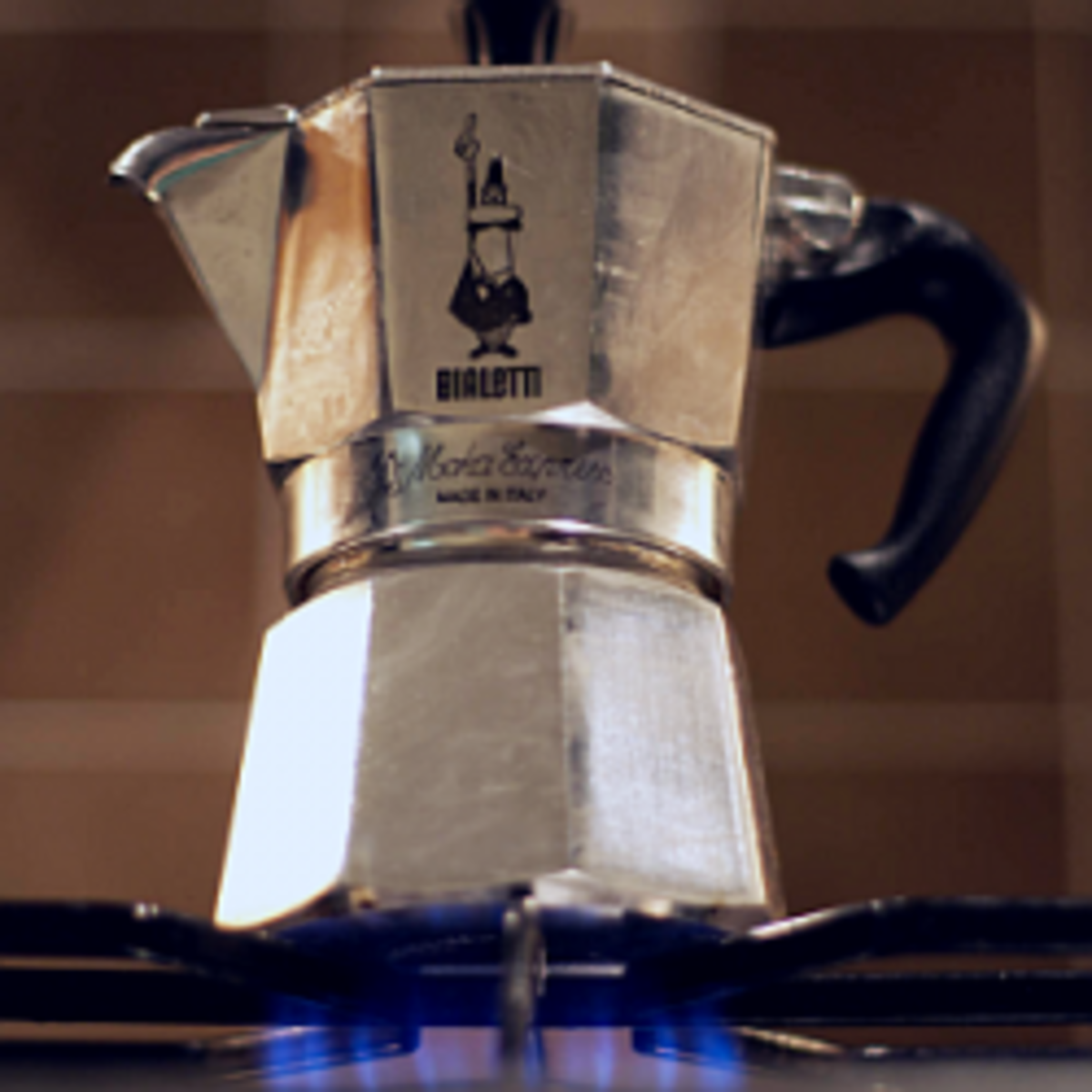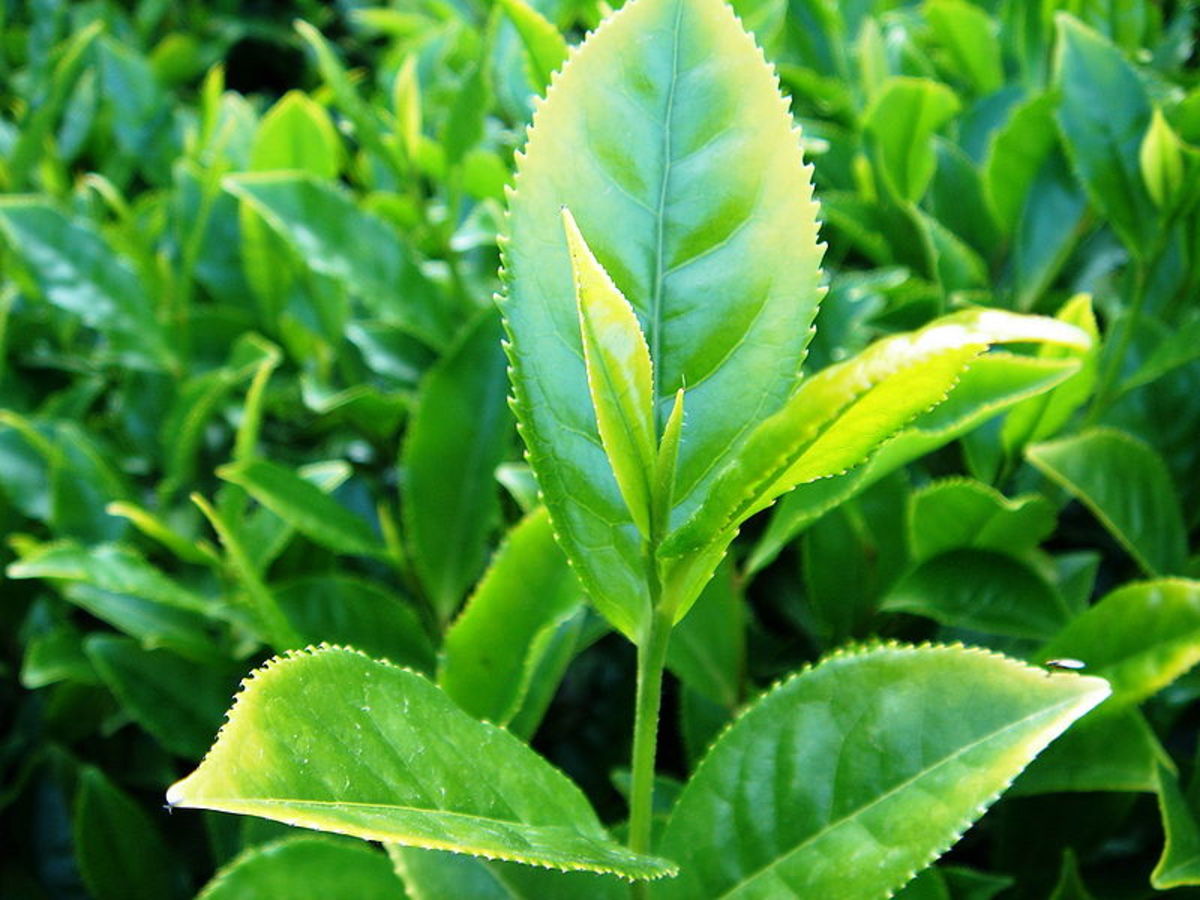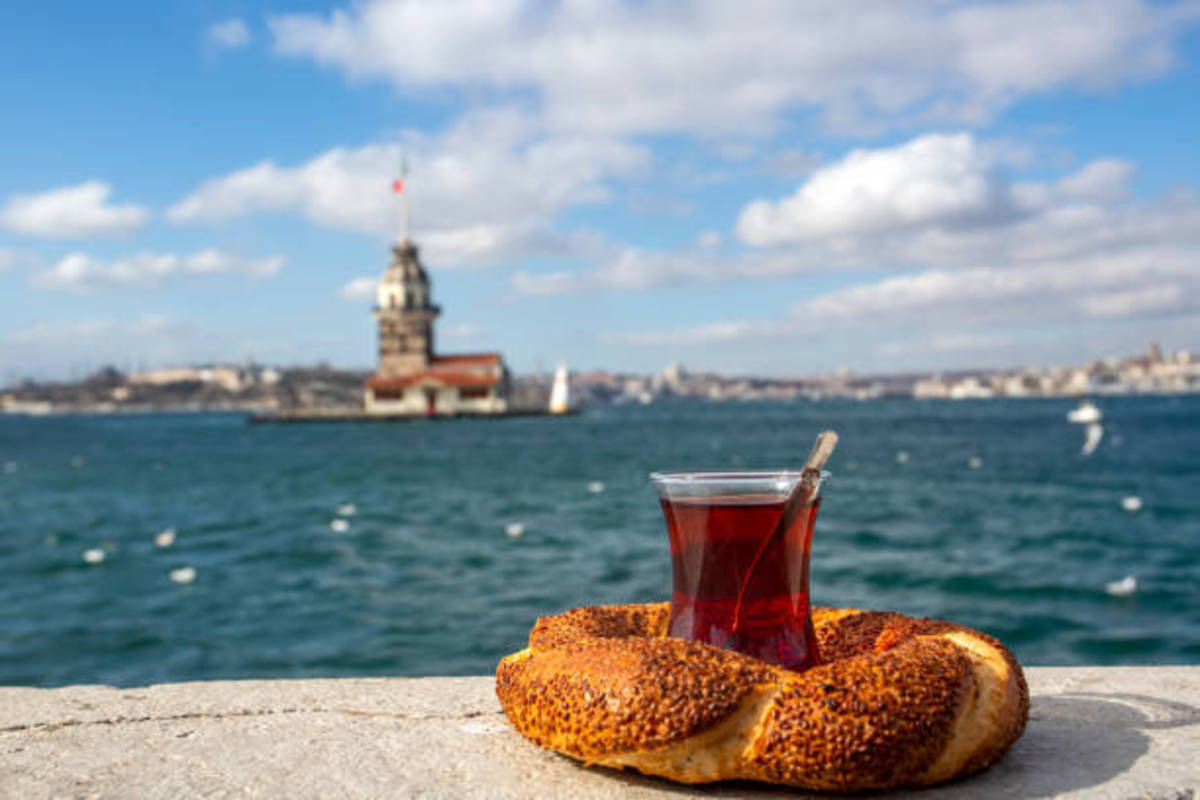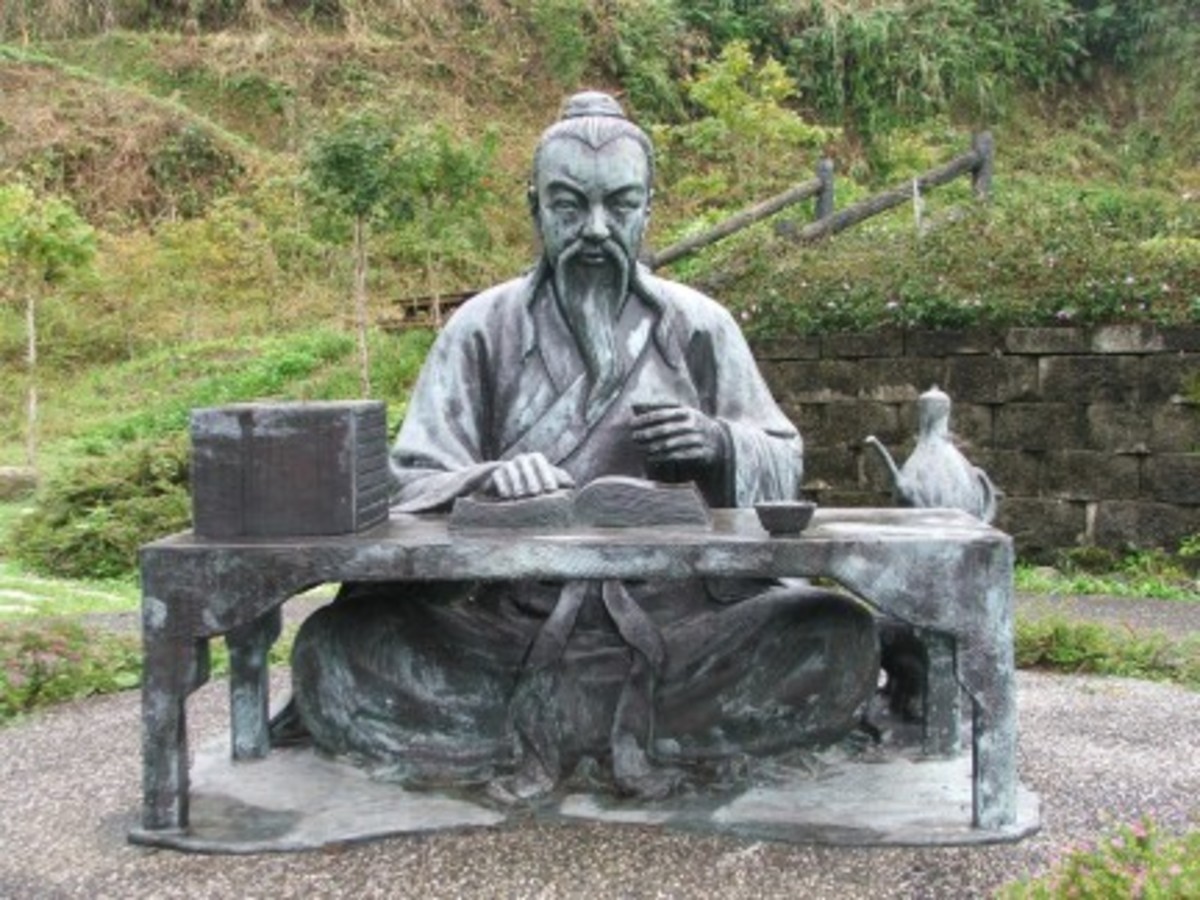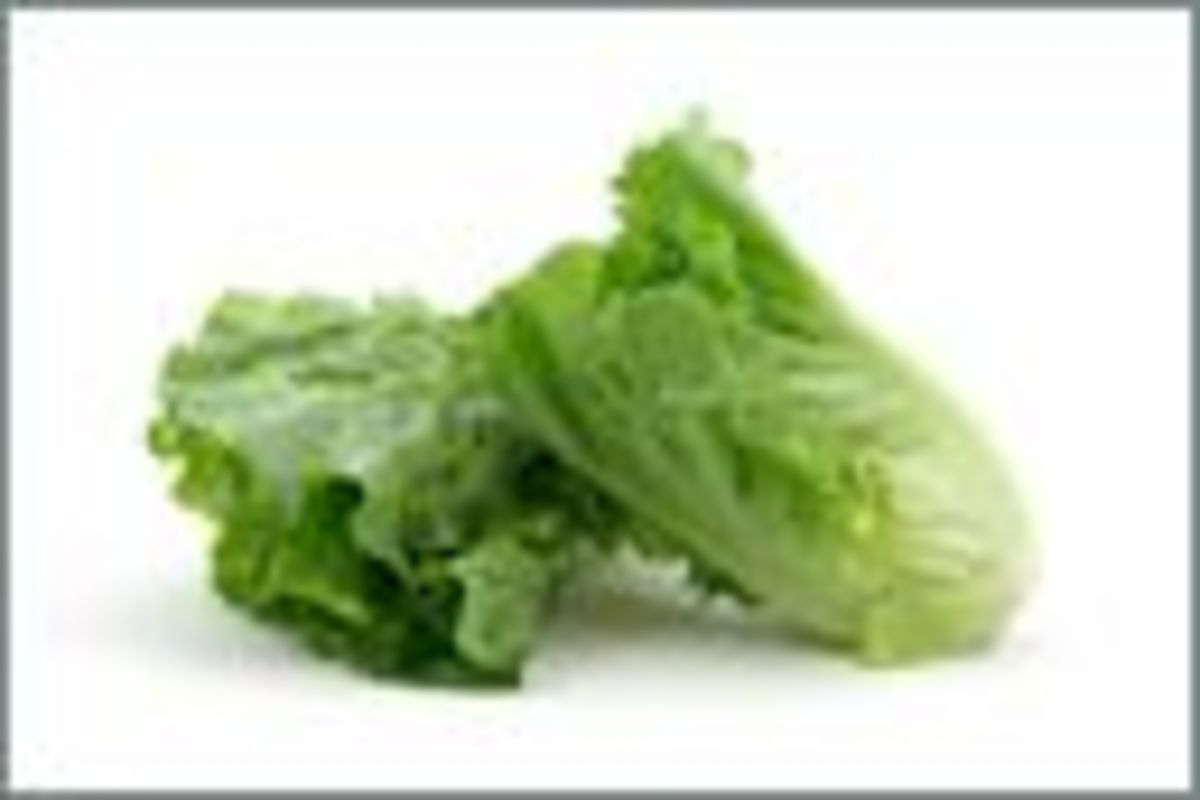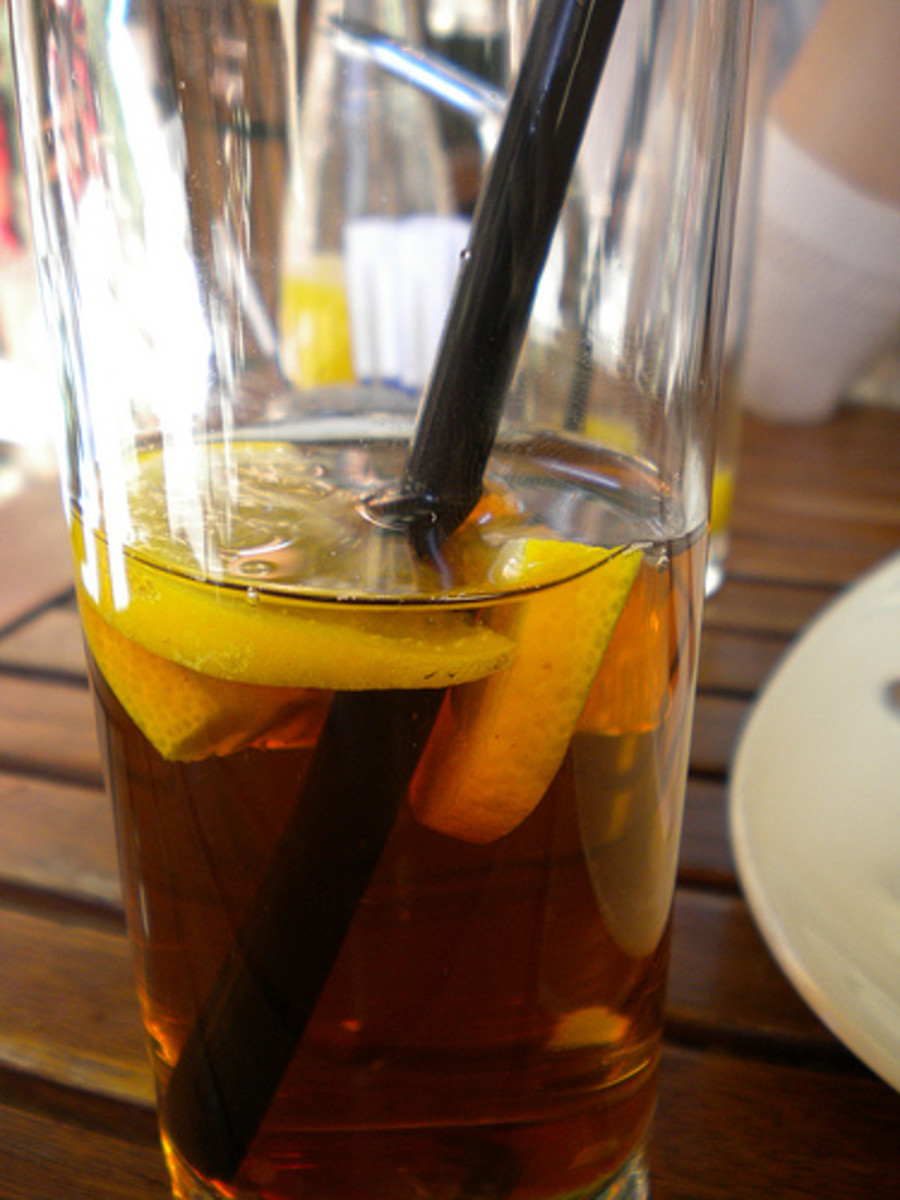11 Things You Don't, But Should, Know About Tea
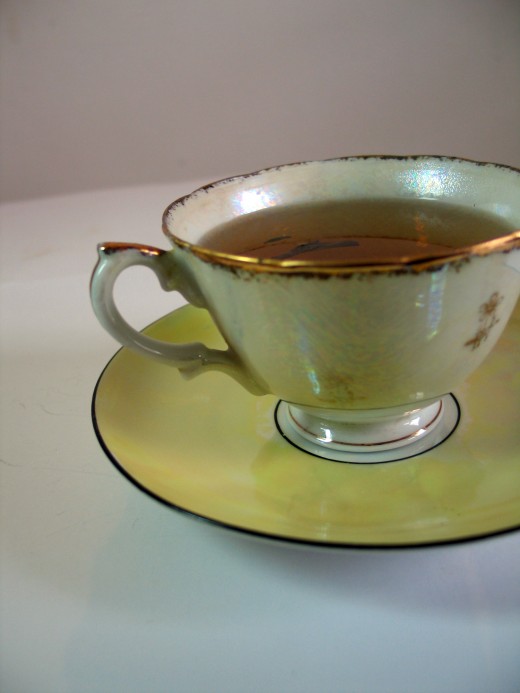
1. All Tea is Made from the Same Plant
Black, oolong (sometimes called "wulong"), green and white tea are all the same plant, Camellia sinensis, although there are certainly different varietals and cultivars, some which are more suited to making different types of tea than others . But the distinctions between different tea types are a matter of processing method, not the tea plant itself.
The word "tea" can also be used to describe a liquid infusion of any herb. Hence the term "herbal tea". But "herbal teas" are not true teas, and in the tea industry they are known as tisanes.
2. Tea has Less Caffeine than Coffee
The tea vs. coffee caffeine issue is likely due to the fact that people will compare the amount of caffeine in a set amount of dry tea leaf to an equal weight in coffee beans. But the amounts of tea leaf and coffee beans required to make their respective beverages are not equal. According to this article on MayoClinic.com, a cup of black tea has anywhere from 14-61 milligrams of caffeine per cup while a cup of "generic brewed" coffee has 95-200mg per cup.
Please note: This article previously stated that it was easy to decaffeinate tea by letting it steep in hot water for a bit. While this does remove some of the caffeine, it certainly isn't as much as originally claimed. Check out this article on the Cha Dao blog by tea industry expert, Nigel Melican for more details.
3. Green Tea is Not Caffeine Free
In fact, according to the aforementioned article on MayoClinic.com, some green teas can have even more caffeine than some black teas, with as much as 40 milligrams of caffeine per cup.
4. "Decaf" Tea is Not Free of Caffeine
Decaffeinated tea may still have some residual caffeine. While this may not be enough to cause you any difficulties, if you are very sensitive, you may be better off drinking a non-caffeinated herbal or fruit tisane instead.
5. "Orange Pekoe" Tea Doesn't Taste Like Oranges
"Orange Pekoe" is a designation that describes the size of tea leaf pieces. It has nothing to do with the color of the tea or any added flavorings.
6. You Can Reuse Tea Leaves
Yes, you can reuse your tea leaves, though some types of tea re-steep better than others. In general, larger leaf teas re-steep better than smaller, broken leaves. Oolongs and pu'erh's, in particular, can actually improve from steep to steep, as the process of re-steeping reveals different flavors in the leaf. The other nifty thing about re-steeping tea is that doing so reduces your cost per cup, making the pricier oolongs and pu'erhs more affordable.
7. Not all Tea Should be Prepared with Boiling Water
When people tell me that they don't like green tea (or that it gives them a tummy ache), the first question I ask them is: "Did you make it with boiling water?" If they say "yes", I explain that not all teas should be prepared with boiling water. Green teas should be prepared with water heated between 150-180 degrees Fahrenheit(65.5 - 82.2C). White teas can sometimes stand hotter water: About 195F (90.5C), though some fare better with green tea temperatures. Boiling water can extract disagreeable flavors from green teas, so let your water cool a bit before steeping.
8. "Strong" Tea Should Be Made with More Leaf
If you like a strong cup, try adding more leaf before increasing steep time. Steeping tea too long can result in bitter and "off" flavors whereas more leaf can provide you with the rich cup that you want.
9. Tea Eggs and Tea Balls are Not Good Choices
I am sad to report that sellers of loose tea may try to sell you small tea infusers (such as tea eggs or tea balls). The problem with these infusers is that they do not allow tea leaves to unfurl properly, and thus will rob you of the full flavor of the tea. Get a proper teapot or brew mug that allows the tea leaf to unfurl and move freely.
10. Tea Doesn't Have to Be Dehydrating
For many years people labored under the delusion that drinking tea was a bad idea because it deydrated you. But recent research shows that this is not the case: Tea is only a diuretic when consumed in very large amounts.
Tea Resources
- World Tea News
World Tea News: All the latest news about tea.
11. You Don't need a Special "Diet" Tea
Unscrupulous merchants will sometimes try to sell you a special "diet" tea, usually citing recent research into tea's anti-obesity properties.
There are three problems with these special "diet" teas:
1. They may contain purgative herbs which can be dangerous if used improperly.
2. The "teas" may not contain any true tea at all.
3. In most cases, they are just selling you ordinary tea at ridiculous prices. For example, one retailer wants to sell you 60 teabags of oolong tea for $36. Yet you can get 120 bags of Twinings oolong tea for $20.28. Why pay more?
11. It's a Good Idea to Warm Your Teapot Prior to Steeping Your Tea
There are two reasons for this. The first is that the extra step allows you to enjoy the scent of tea leaves added to a warmed pot (it is really rather nice). The second reason is that warming the pot helps it to keep your tea warm. All you need to do is add boiling water to the pot, keeping it there until you are ready to prepare your tea. Pour off the "warming water" and then add your leaf and water for steeping.

